
Congratulations to another Erasmus+ Alumni of Ohienko University!
Anna Martseniuk, a second-year student in the Faculty of Foreign Philology, specializing in 014 Secondary Education (Language and Literature (German)), studied at the University of Gdańsk (Poland) from February 16 to June 18, 2024. She participated in the Erasmus+ academic mobility program under CA171: International Credit Mobility.
Anna, have you always dreamed of joining the Erasmus+ program, and how did you decide to participate?
It had been a long-time dream of mine. At the end of my first year, I saw an announcement on the Office for International Cooperation’s page at K-PNU about a competition to study at the University of Gdańsk. I decided to give it a try.
What steps did you take to become a participant?
I wrote a motivation letter in English, provided certificates proving my proficiency in English and German, and completed a questionnaire highlighting my strengths, student involvement, and social activities. After that, I was successfully selected and became a participant for the summer semester of the 2023/2024 academic year.
What was the preparation process like?
A few weeks before the program started, I had to prepare a Learning Agreement (LA), which is a student curriculum detailing the subjects I would study during the semester. You can choose courses within your specialty, but they should align with those at your home university since you’ll need to pass tests and exams. Only my practicum and philosophy courses didn’t match, but this wasn’t an issue since I had completed my practicum before starting Erasmus. Additionally, I had to complete internal documents at our university, including the Academic Mobility Agreement and Individual Academic Mobility Curriculum.
What courses did you choose at the University of Gdańsk?
I selected the following courses:
- German Speaking and Writing Practice (vocabulary, writing, grammar, and speaking)
- Methods of Teaching English
- Practical English Course
- Business English and German
- Didactics
- Practical Swedish Course
However, upon arrival, I learned that Didactics was taught in Polish, so I replaced it with Psycholinguistics, which was taught in German. Adjusting the Learning Agreement after arrival was straightforward, as schedule overlaps often require changes.
How did you adapt to the language environment?
After arriving, I rarely heard Ukrainian; most people spoke English, German, or Polish. Since I had been learning Polish since first grade, I adapted quickly. In the dormitory, no one spoke English—only Polish—so I had to either speak Polish or use a translator. For future participants, I recommend learning the local language to at least an A1 level. At the university, I primarily communicated with teachers in German or English, depending on the subject.
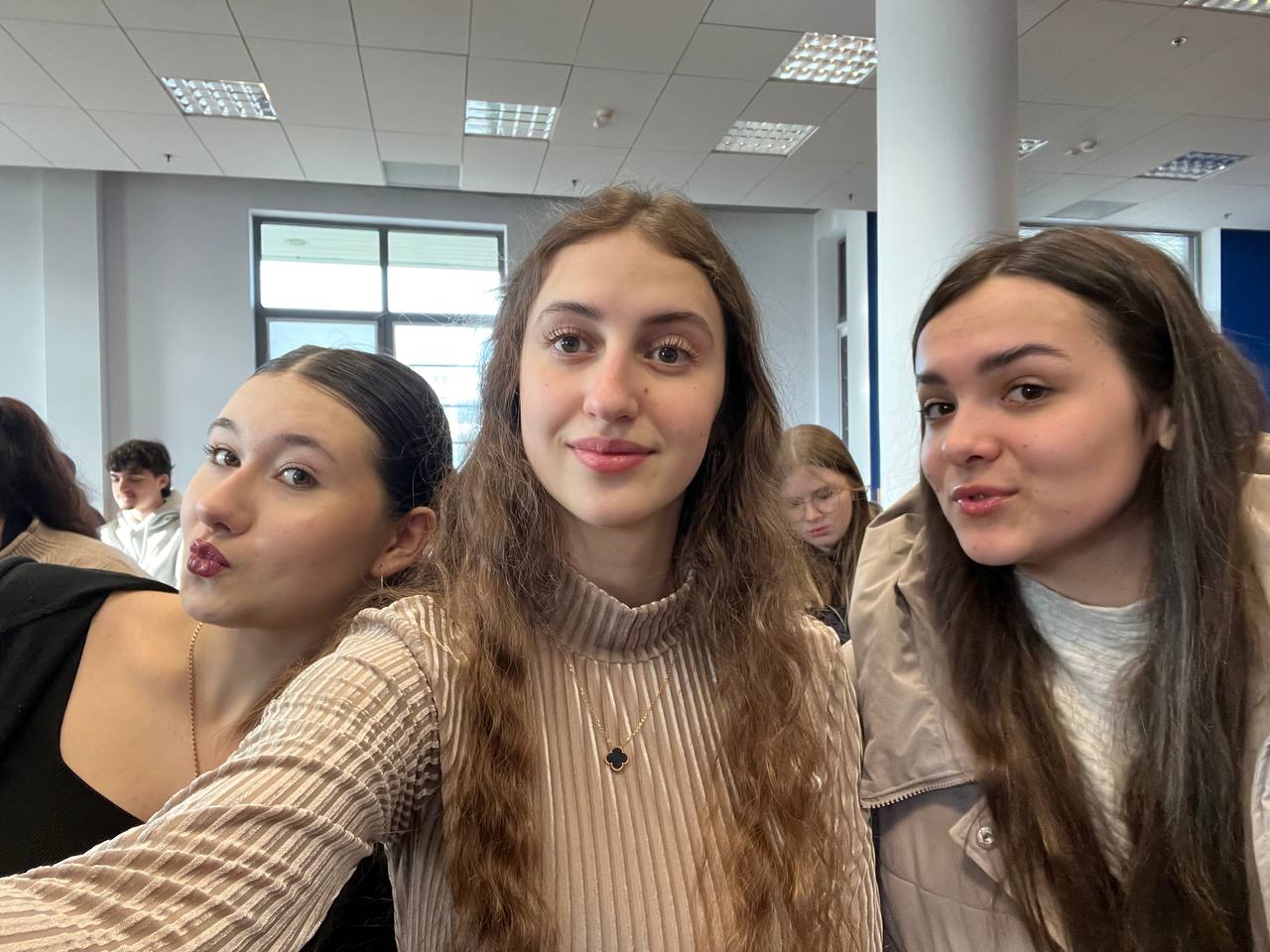
Was studying challenging?
The academic program wasn’t too difficult as long as I attended classes and studied the material. I chose mostly third-year courses, but for some, like Psycholinguistics and Practical Swedish, I joined second-year students. Teachers often held outdoor classes, including excursions and practical lessons on campus. The classes were engaging and full of new material.
Did you have opportunities to explore career options during Erasmus+?
Yes, the university collaborates with many companies seeking students with German language skills. Company representatives frequently gave lectures, offering practical insights and job opportunities, especially for final-year students in business and economics.
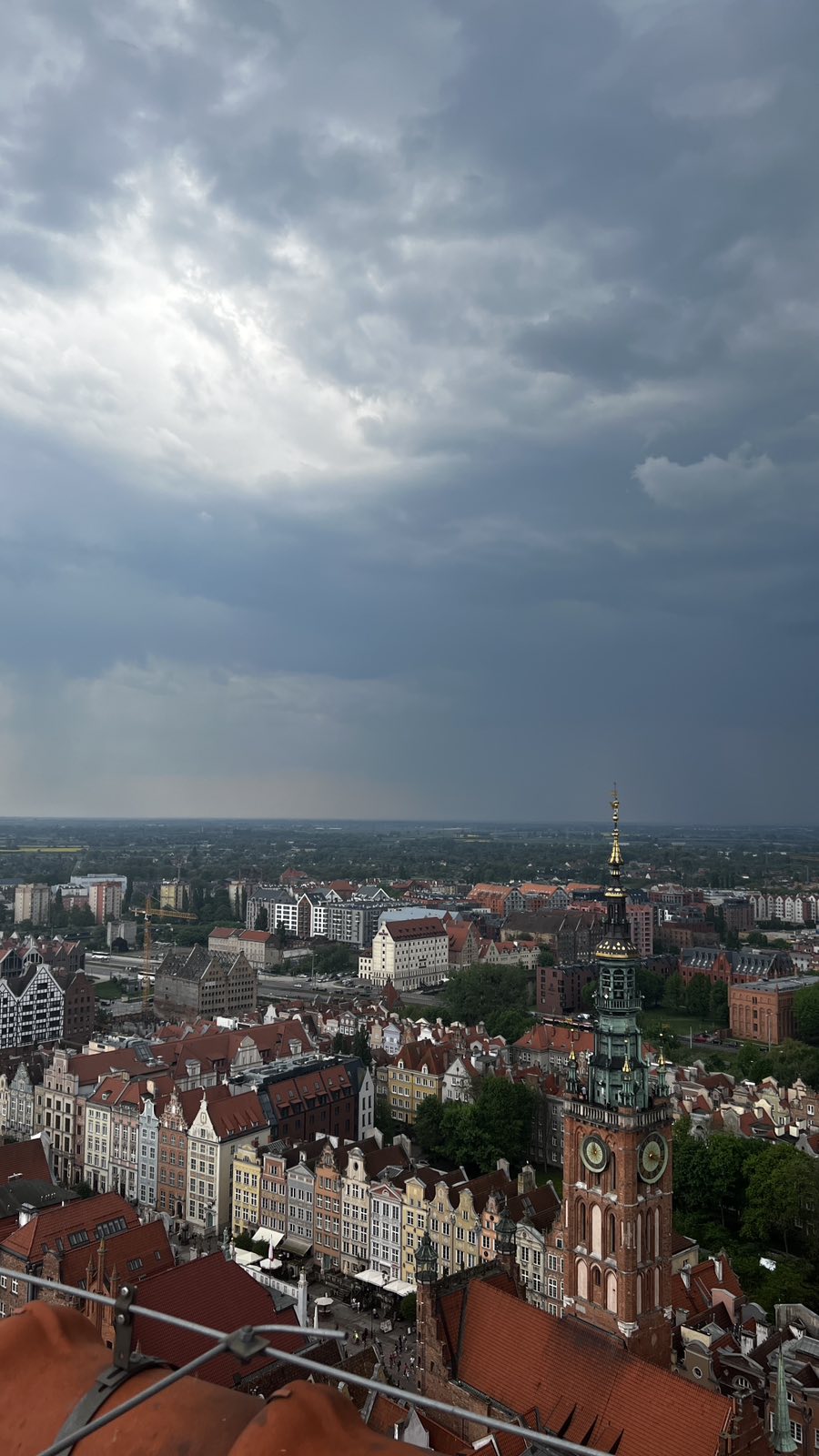
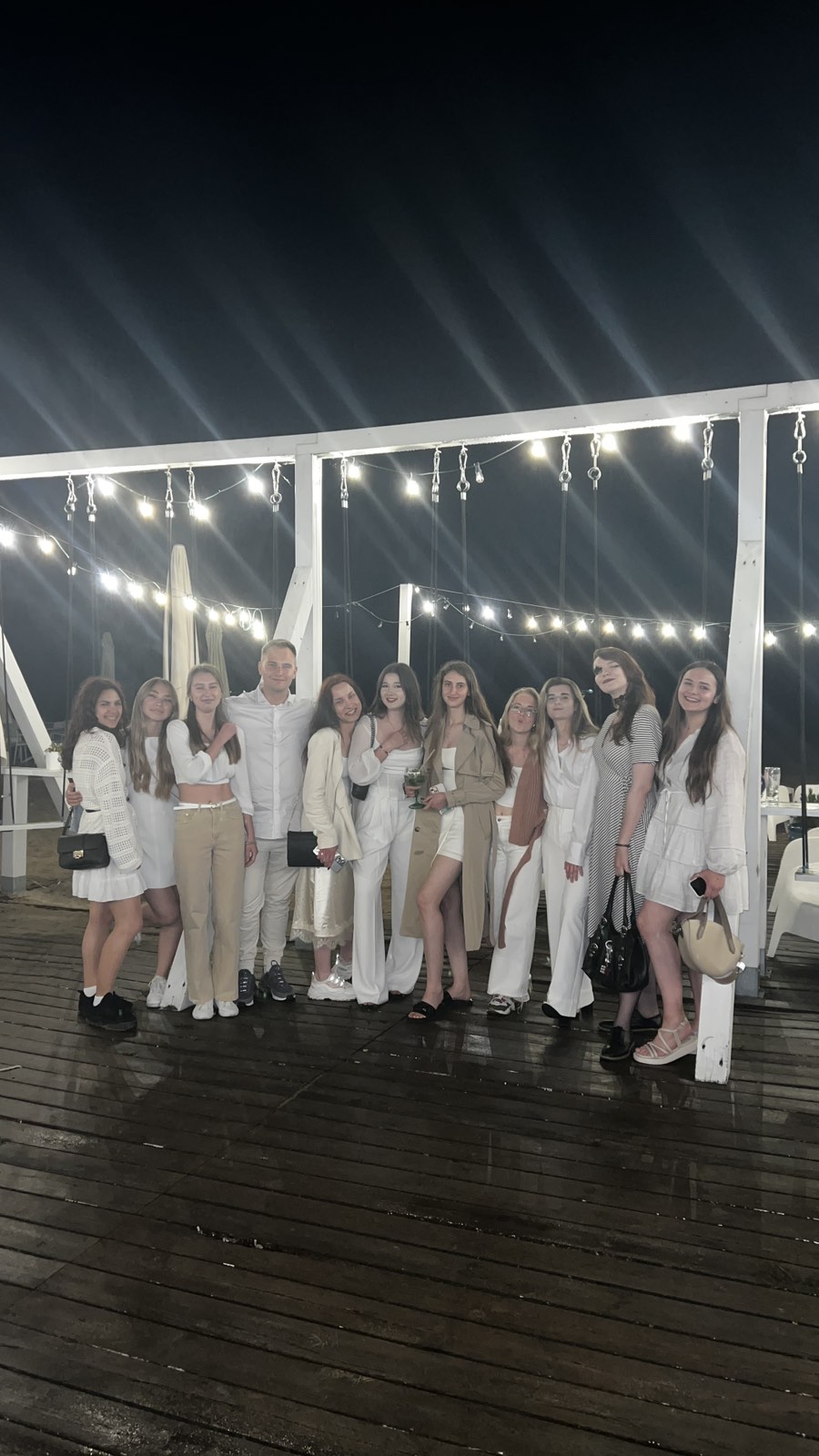
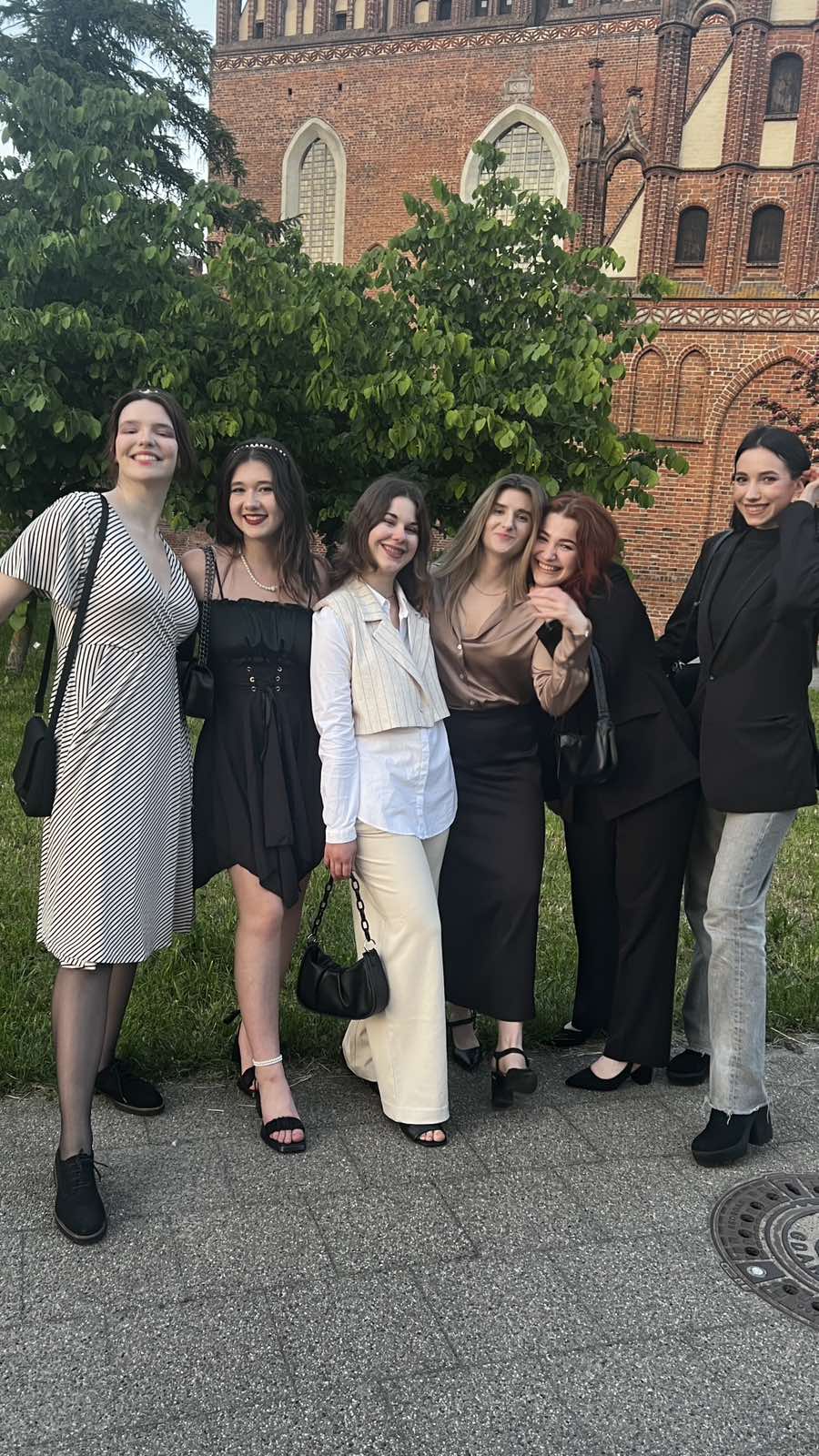
Were there any differences in the teachers’ expectations for Erasmus students?
The expectations for Erasmus students were the same as for regular students. Teachers provided a syllabus in the first lesson, detailing topics, tests, and grading rubrics, so we knew what to prepare for.
Is the workload so heavy that students don’t have time to relax?
Not at all! The International Student Association (ISA) and Erasmus Student Network (ESN) organize themed events and parties for Erasmus students. Most are free, although some exceptions exist. These events helped me meet students from across Europe. We spoke mainly in English, but I also practiced German with native speakers to improve my language skills.
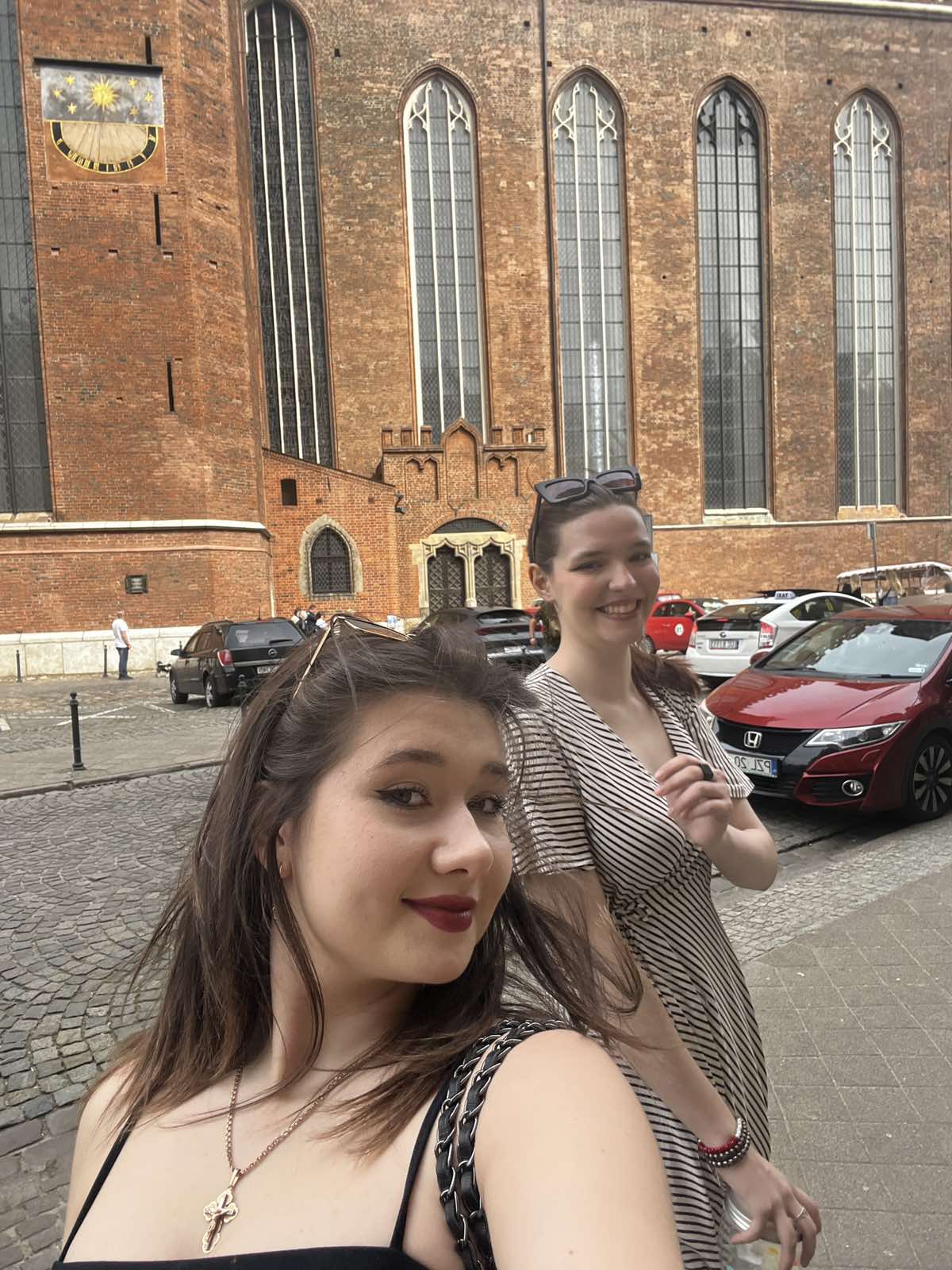
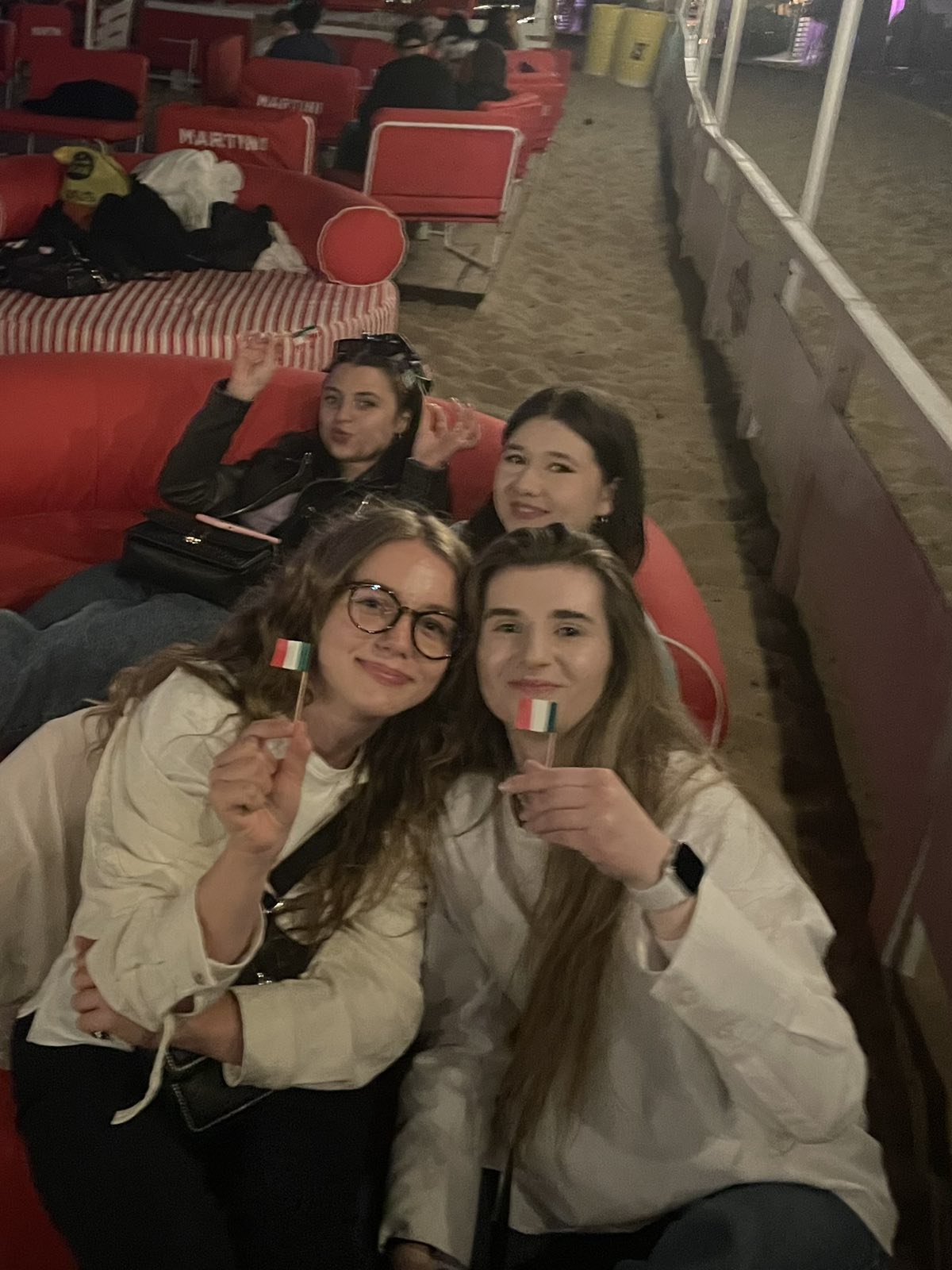
What about the scholarship? Is it true you have to return it if you fail an exam?
This is partially true. The scholarship was paid in three installments during the semester: 40% at the start, 40% mid-semester, and 20% at the end. The final 20% is only granted if you pass all tests and exams for courses worth 30 ECTS credits. For instance, if you earn 29 instead of 30 credits, you may not receive the final installment, but you won’t have to return the earlier payments.
Summarize your experience: “Erasmus+ for me is…”
Erasmus+ for me is an invaluable experience of studying abroad, immersing myself in another culture, improving my language skills, making new friends, and broadening my horizons. It’s a unique opportunity to grow academically and personally, opening new career prospects.
ONCE ERASMUS, ALWAYS ERASMUS!
Working together for victory!
